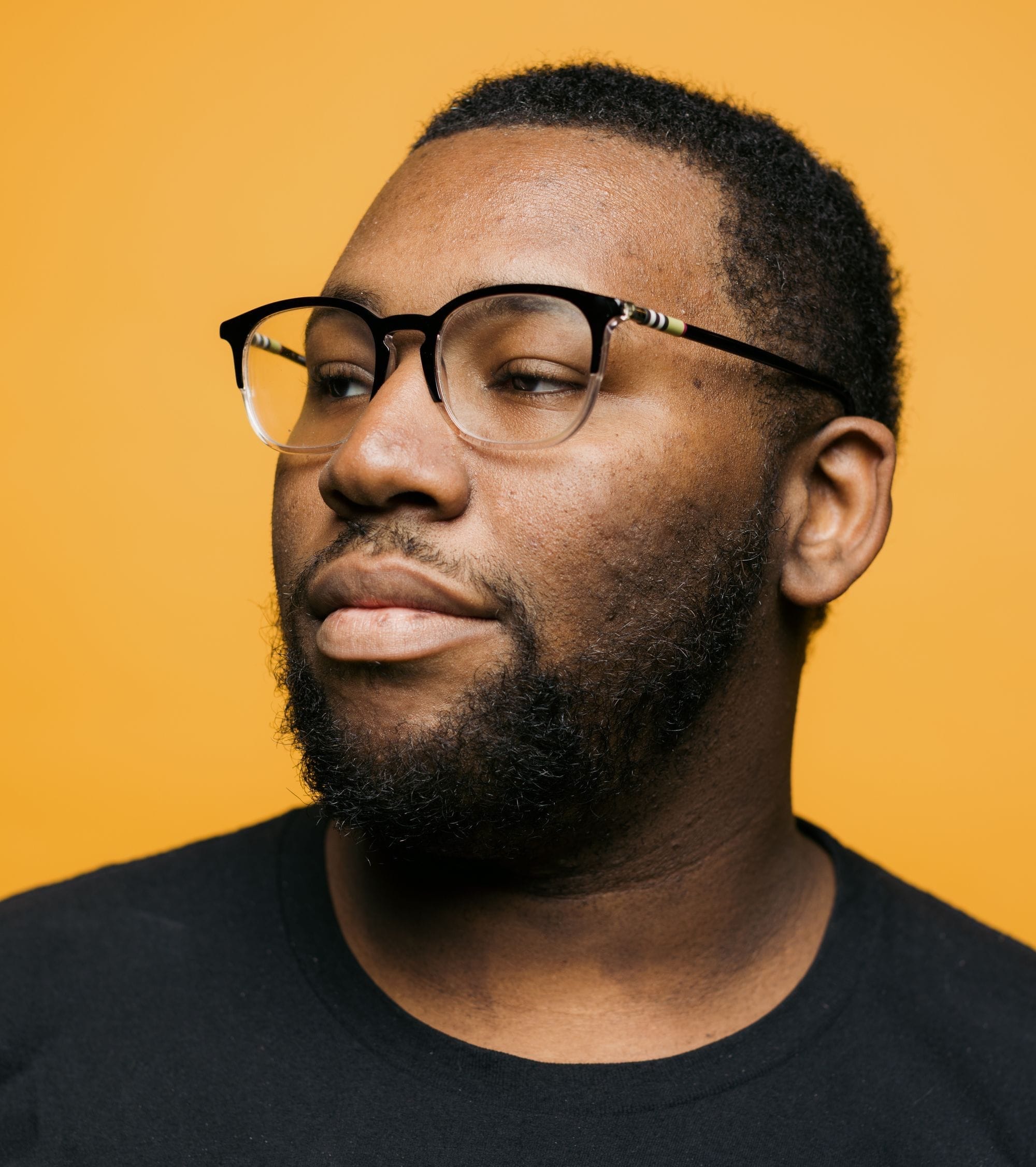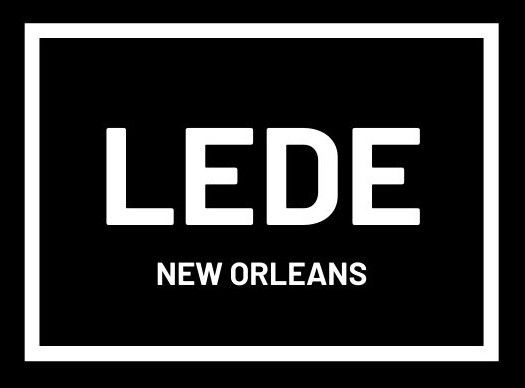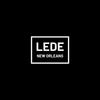Meet Kennedy London, a Fall 2023 Community Reporting Fellow
Kennedy London, a Fall 2023 Community Reporting Fellow, talks about his passions and why journalism is important to him.

By Morgan Love
At 16, Kennedy London had his “lightbulb moment” as he watched the movie The Revenant for the first time. Becoming one of his favorite movies of all time, The Revenant would go on to completely change the way London experienced the cinematography of films.
London found a niche writing about film, music, and gaming while working at The Maroon Tiger, the newspaper at Morehouse College, his alma mater. London liked being able to use journalism to talk about the things that made him happy. Today, London lights up when talking about his favorite games like “Call of Duty,” “Battlefield,” and “Mass Effect.” Finding his voice, London was able to connect to his community.
“Voice is what drives media. There's no point in writing about social justice or writing about film or writing about the environment if the person that is in charge of writing the article doesn't have a voice of their own,” London said.
Kennedy London, 24, grew up in New Orleans, but spent nine years of his childhood in Houston after he and his family had to evacuate because of Hurricane Katrina. He moved back with his family in 2014. London studied English and writing at Morehouse College in Atlanta. After graduating, London now lives in Gentilly.
I spoke with Kennedy London to learn more about their interests and reasons for joining the fellowship. Here’s what I heard. Note: This conversation has been edited for length and clarity.
Lede New Orleans trains creatives to make equitable media that inspires and informs our city. What does equitable media in New Orleans look like to you?
I think equitable media in New Orleans looks like media that genuinely cares about the city and cares about the things that are not right in the city. I think the media that needs to be shown in New Orleans, you know, it has to be progressive, it can't be going backwards, which is kind of what the city is fighting right now.
What do you hope to get out of your fellowship?
I think the two main things I hope to get out of it, one is to finally have a stepping stone towards a career in journalism, more specifically writing in film, shows, games, and music. But, the other thing is just to sharpen my skills, you know, even though I think I'm at a decent space, I know I want to excel, and know I want to achieve greatness when it comes to writing, when it comes to, you know, educating. So, I think I want to sharpen my expertise when it comes to communication.
Imagine it's a perfect sunny and cool fall day in New Orleans. What will we find you doing?
On a sunny day in New Orleans, you will find me watching a movie like Jurassic Park, playing one of my various games, like Call of Duty or Battlefield or any of my single player games like Mass Effect. I like playing as many genres as I can when it comes to games, and the same with movies outside of, you know, musicals. You know, I really like the versatility of games, because I think games, from a young age, were very stimulating to me, you know, the interactive nature of it.
How important do you think that voice is to providing equitable media about people's community, about your own personal tie to New Orleans, and the community issues that are going on here? How does voice influence that?
You can't really have op-eds, you can't really have pieces on the community if there's a writer that doesn't have a voice…but if you want to write something really important, if you feel you have an obligation to write about something, then you need that voice to articulate why you feel strongly about it, and why other people should feel strongly about it.
This article is available to republish under a Creative Commons license. Read Lede New Orleans’ publishing guidelines here.
Support Lede New Orleans and its community-centered reporting by becoming a supporting donor.

